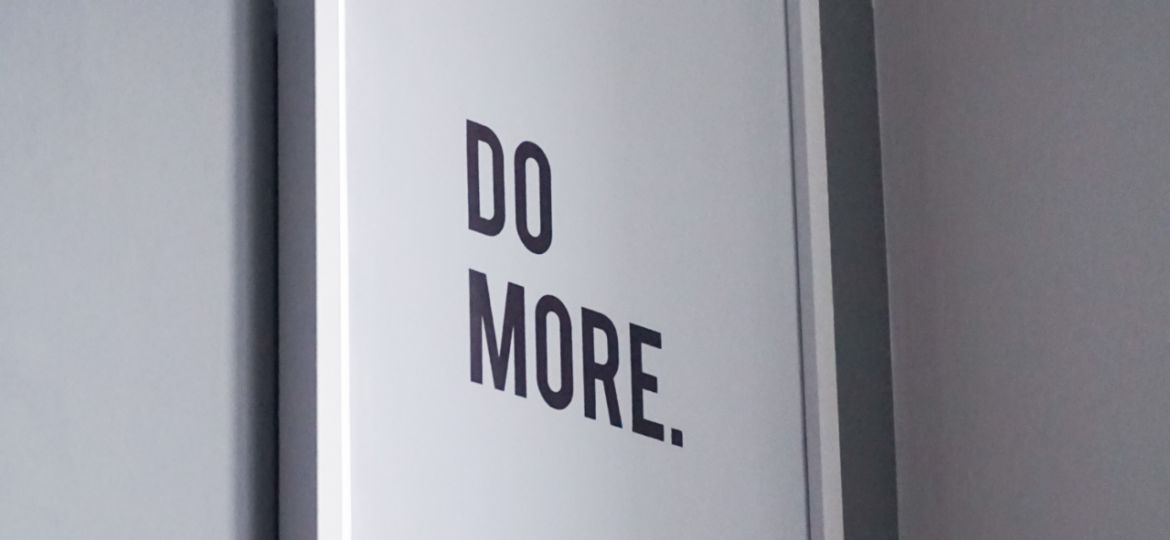
For most of my career I’ve been trying to get more things done in ever shorter periods of time. This is driven by the belief I can be more productive and that others are more productive than me. Lately I’ve started to challenge this thinking. Is getting more done helping? If I can get more done, does it mean I’ll work for less time? Or does it mean I’ll simply do more?
The Productivity Myth
This is all founded on the core belief that more is better. Well, is it? Does more equal better results? From my experience the best results are achieved by focus. Focusing on the things that make a difference and lead to results. This is more about being intentional than doing more.
So why all this focus on doing more and being more productive? One reason might be the fear of being found out. If you aren’t working as hard as everyone else you will let the team down. It can also act as a shield when results are uncertain. So long as I am working hard, nobody can complain about me, even if my results aren’t stellar.
All of this misses the point. We are rewarded for the results we deliver, regardless of the time it takes to deliver them. My goal is to deliver the best possible results by doing the least amount of work. The only way to do this is to focus on only doing work that is generating the outcome we desire. That means taking action and assessing the results, changing plans as we learn what does and does not work.
Focus on doing the most impactful things
If we get good at working like this I hope our focus on being more and more productive will no longer be relevant. We won’t be focusing on how we can do more, instead we will focus on doing the most impactful things.
Some of this thinking has been inspired by an exceptional book by Oliver Burkeman called ‘Four thousand weeks‘. He challenges many time management principles, including our desire to be more productive. If we are only going to be around for four thousand weeks, perhaps we should focus on what we are doing rather than doing more of it. Quality over quantity.
Resist the productivity myth, the temptation to do more. It’s not the answer.


Great point Andy.
A few things this lets me think about:
– is productivity a result of the ongoing desire for efficiency, however one that leaves effectivity out of sight?
– is it a result of our lack of ability to determine as well as communicate clearly what our service will create as an outcome? Where communicate can also be: find a common agreement both trust to have understood in the same manner.
– And can we always name an outcome (that is measurable)?
… we may end up needing to find ways to trust the deals and the work as well as deal with the differences in understanding 🙂
Hi Francoise, You are touching on some very important points. My initial focus has been on your first one about efficiency over effectiveness. Your other points highlight the importance of clarifying and assessing the value of outcomes. The better we can do this, the easier it will be to decide what is most important and deserving of our attention.
Thank you for adding this!